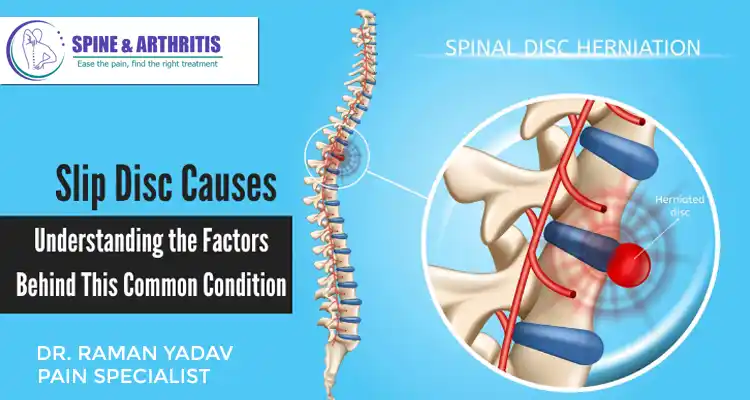Common Diagnostic Tests
Accurate diagnosis is vital for effective treatment. Common diagnostic tests for sciatica include X-rays, MRI scans, and CT scans. These tests help identify the underlying cause of nerve compression.
Role of Medical Professionals
Doctors, particularly those specializing in orthopedics, neurology, or pain management, play a crucial role in diagnosing and treating sciatica. They evaluate your symptoms, medical history, and diagnostic results to recommend the most appropriate treatment.
How Accurate Diagnoses Affect Treatment
An accurate diagnosis ensures that the treatment plan addresses the root cause of sciatica, whether it’s a herniated disk, spinal stenosis, or another issue. This tailored approach increases the likelihood of successful relief and recovery.







